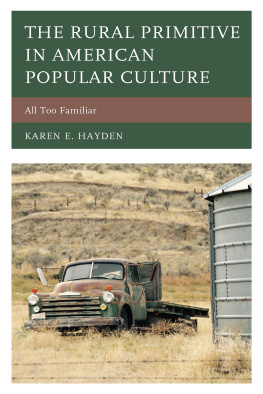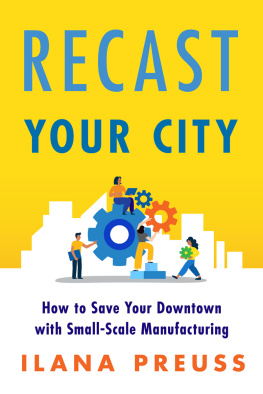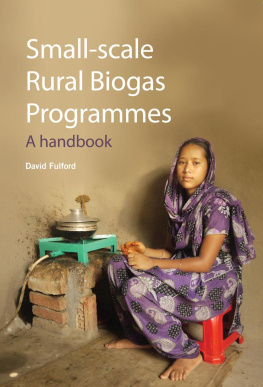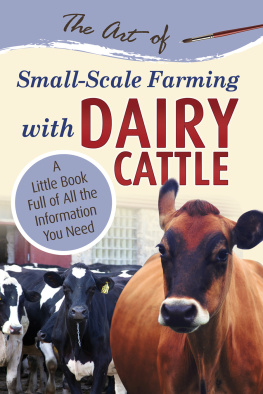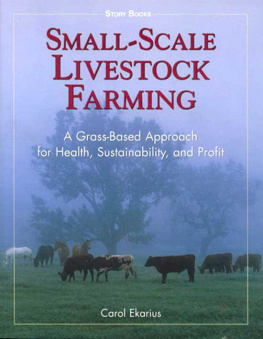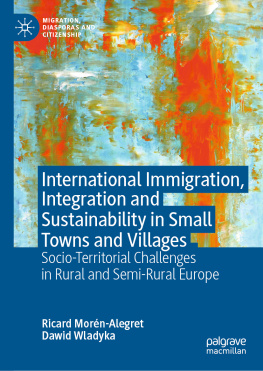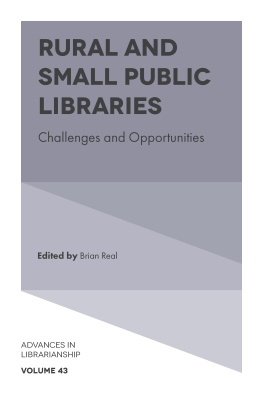
Natures Unruly Mob
Farming and the Crisis in Rural Culture
Paul Gilk
Natures Unruly Mob
Farming and the Crisis in Rural Culture
Copyright 2009 Paul Gilk. All rights reserved. Except for brief quotations in critical publications or reviews, no part of this book may be reproduced in any manner without prior written permission from the publisher. Write: Permissions, Wipf and Stock Publishers, 199 W. 8th Ave., Suite 3, Eugene, OR 97401.
Wipf & Stock
A Division of Wipf and Stock Publishers
199 W. 8th Ave., Suite 3
Eugene, OR 97401
www.wipfandstock.com
ISBN 13: 978-1-60608-737-4
EISBN 13: 978-1-62189-395-0
Manufactured in the U.S.A.
For my friend Maynard Kaufman,
whose back-to-the-land life is an example for us all
I finally realized that space travel is not new: it is only the final stage of a departure process that actually began long ago. Our society really left home when we placed boundaries between ourselves and the earth, when we moved en masse inside totally artificial, reconstructed, mediated worldshuge concrete cities and suburbsand we aggressively ripped up and redesigned the natural world. By now, nature has literally receded from our view and diminished in size. We have lost contact with our roots. As a culture, we dont know where we came from; were not aware we are part of something larger than ourselves. Nor can we easily find places that reveal natural processes still at work.
This is exacerbated for Americans in particular, since our country is made up almost entirely of immigrants whose original connections with a homeland were severed, and who have no special attachments to the soil we live on. The Native Americans, who do have roots here, are not nearly as enthusiastic about leaving the earth as the rest of us are....
Jerry Mander,
In the Absence of the Sacred , p. 148
Since enhancing the prestige of farming as an occupation is critical to developing the sun-based regional agriculture we need, the White House should appoint, in addition to a White House chef, a White House farmer. This new post would be charged with implementing what could turn out to be your most symbolically resonant step in building a new American food culture. And that is this: tear out five prime south-facing acres of the White House lawn and plant in their place an organic fruit and vegetable garden .
Michael Pollan,
Farmer in Chief,
in The New York Times Magazine (October 12, 2008), p. 71
Acknowledgments
I n the fall of 1985, Jack Miller and Pauline Redmond of Anvil Press established a Woodbox Fund that enabled Jo Wood and me to live several months with them and their young son Daniel. We helped produce a couple issues of Jacks regional magazine, North Country Anvil . From that collaboration came an invitation to prepare Natures Unruly Mob for publication as a special issue of the magazine.
I not only want to thank all those who helped with the initial effortJo, Pauline, Jack, Rhoda Gilman, Maynard Kaufman, Cherie Lozier, Vic Ormsby, Jim Mullen, John Grobner, and Joanne Klees (Pauline and Jim are no longer with us)but especially now I thank Jack for so graciously allowing Wipf and Stock to republish the Mob without hesitation or reservation.
I also want to thank Ted Lewis for his trust in the project, Helena Norberg-Hodge for her enthusiasm, Howard Zinn for his amazing graciousness, and Carol Ann Okite for her cheerful, steady, competent keyboard work, without which there would simply be no Mob to attack the fortified Best Seller List with peasant pitchforks and hoes.
Foreword
B ooks like this onebooks that remind us of our deep and abiding connection to one another and to the earthare rare in todays high-tech, fast-paced consumer culture. Drawing on both extensive readings and first-hand experience and observation, Paul Gilk explores the ways in which industrial society can become healthier and more life-sustaining, weaving a compelling argument for the revitalization and expansion of rural culture. His insights and sentiments in this regard are reminiscent of those of the great philosopher and writer Wendell Berry.
For many urban dwellers, envisioning a rural renaissance can seem unrealistic, even undesirable. This is understandable: our media andeven more importantly, as Paul points outour system of education, have been promoting an urbanizing model of economic development as progress for many generations now. As part of this process, small farmers all over the world have been and continue to be marginalized and disempowered. When modern, urban people experience rural life, it is therefore usually through contact with those who have been underpaid and undervalued, whose entire way of life has been undermined.
I am very sympathetic to Pauls thinking because I have had the rare privilege of living and working in a rich and thriving land-based culture, in which small farmers are valued and respected as the source of the most essential goods of all: the food everyone needs to survive. Over three decades ago, when Paul was returning to rural life in his native Wisconsin, I went to Ladakh, a preindustrial culture high on the Tibetan plateau. I was a linguist and was there to learn Ladakhi. I soon discovered that this ancient culture had far more to teach me and the outside world than just its language.
The vast majority of Ladakhis were self-supporting farmers, living in small, scattered settlements in the high desert of the Indian Himalayas. Though natural resources were scarce and hard to obtain, the Ladakhis had a remarkably high standard of livingproducing not just their basic needs, but beautiful art, architecture, and jewelry. Because the culture fulfilled fundamental human needs while respecting natural limits, there were no signs of environmental stress. The way of life was rich in other ways as well: people worked at a gentle pace and enjoyed a degree of leisure unknown to most people in the West. The various connecting relationships in the traditional system were mutually reinforcing, encouraging harmony and stability. In fact, the Ladakhis were the most vital, happy, and contented people I have ever known. It became clear to me that this traditional nature-based society was far more sustainable, both socially and environmentally, than the Western consumer society I had been living in.
Shortly after I arrived, however, Ladakh was thrown open to economic development. Over the next decades, I witnessed a process of change that, in many parts of the world, has taken hundreds of years. The area was flooded with imported goods, including subsidized and processed food. Advertising and mainstream media, tourists, so-called modern education, and other trappings of conventional development descended on the Ladakhis like an avalanche. The impacts included unemployment (which was previously nonexistent), a widening gap between rich and poor, and perhaps most strikingly, cultural self-rejection. The young, in particular, started seeing their own way of life as backward and inferior compared to the romanticized images of an urban, consumer lifestyle.
Somewhere early on during that painful transition, I read E. F. Schumachers Small is Beautiful: Economics as if People Mattered . The book strengthened my convictions and started me on a journey of working with the Ladakhis to find ways of meeting the modern world that would not undermine their local culture and economy. I started a small organization, The Ladakh Project, which has since grown into the International Society for Ecology and Culture (ISEC).


